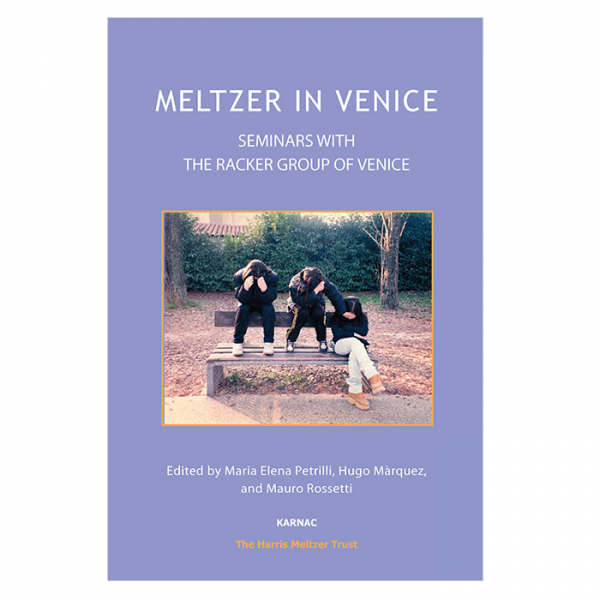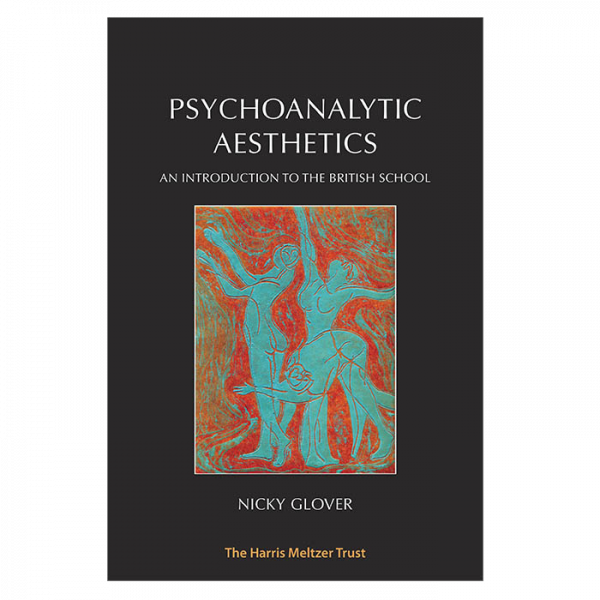Post-Autism recounts in close and vivid detail the story of the author’s struggle to analyse and communicate with a pubertal boy who presented with a diagnosis of untreated infantile autism. Marisa Mélega, who was at that time a young and relatively inexperienced analyst, worked with Mário in São Paulo, Brazil, from 1978 to 1982 and during most of that period the case was supervised by Donald Meltzer, who had recently published his pioneering work Explorations in Autism, based on ten years of collaborative endeavour with a group of therapists. At that period the condition of autism was relatively little understood, and psychological therapies undeveloped.
This book is therefore of particular interest from several viewpoints: as a detailed record of autistic features and their manifestations in a teenage child; as an example of the potentialities of distance supervision; historically, as a basis for comparison with our current understanding of the condition and the efficacy of psychoanalytic treatment; and perhaps above all, as an intimate record of the making of a psychoanalyst, by means of a particularly difficult yet highly emotionally stressful relationship with a patient. As Melega writes in her introduction: ‘I received brilliant lessons from Donald Meltzer that have enlarged my general psychoanalytical capacity to investigate the transference and countertransference … to avoid sticking exclusively to verbalizations, and to search for my own oneiric images during the sessions in order to make analysing Mário possible.’





Reviews
There are no reviews yet.